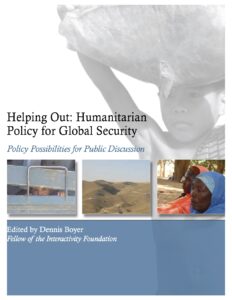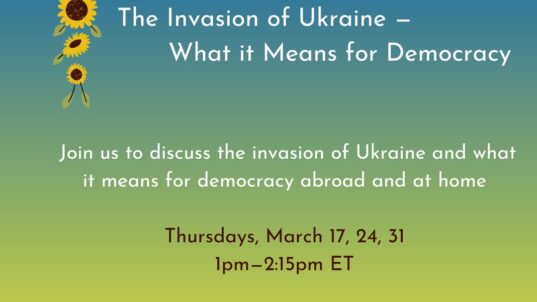Our conventional ways of discussing international  aid and global security may often obscure the many social and cultural issues that arise locally, on the ground, in other areas of the world and increasingly interact with complex global relationships. Some citizens may assume that global security and national security are the same thing. And often our national security discussions have a tendency to “drift” in the direction of strategic options for national defense, selection of weapons systems, and toward the use of military, or “hard” power, and unilateral action.
aid and global security may often obscure the many social and cultural issues that arise locally, on the ground, in other areas of the world and increasingly interact with complex global relationships. Some citizens may assume that global security and national security are the same thing. And often our national security discussions have a tendency to “drift” in the direction of strategic options for national defense, selection of weapons systems, and toward the use of military, or “hard” power, and unilateral action.
This discussion guide and the six policy possibilities that it presents for global security are intended to help citizens explore issues and ideas “outside the box” of traditional national security debates. Some of the underlying common questions in this discussion guide include “What are the dimensions of global security? How does changing U.S. power affect them? What forms of governance and institutions might be useful or necessary to global security? And what are the tensions between civilian and military control and approaches?


